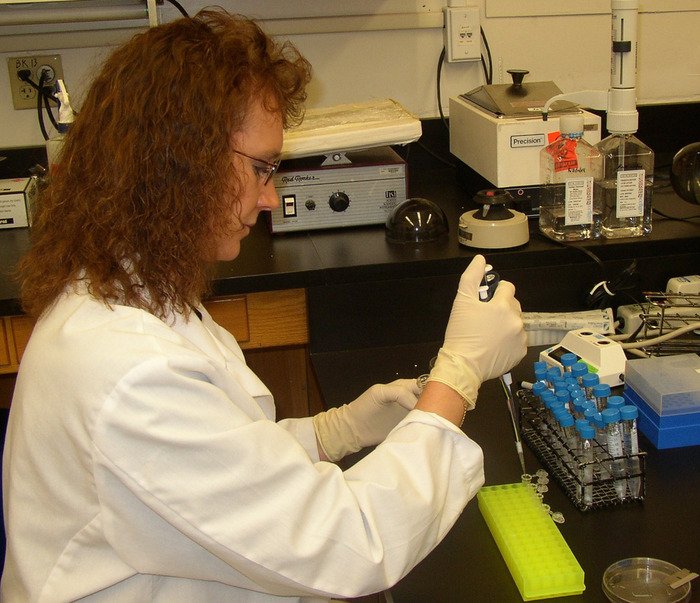Study: Mucus protects cancer cells from chemotherapy, immunity
HOUSTON, Sept. 22 (UPI) -- A "vicious cycle" produces mucus that protects uterine and pancreatic cancer cells and promotes their proliferation, U.S. researchers say.
Biochemist Daniel Carson, dean of Rice University's Wiess School of Natural Sciences; lead author Neeraja Dharmaraj, a postdoctoral researcher; and graduate student Brian Engel found that protein receptors on the surface of cancer cells go into overdrive to stimulate the production of MUC1, a glycoprotein that forms mucin, or mucus.
Mucus covers the exposed tips of the elongated epithelial cells that coat internal organs like lungs, stomachs and intestines to protect them from infection, the researchers said.
However, when associated with cancer cells, the slippery agents of mucus do their jobs too well. They cover the cells completely, help them metastasize and protect them from attack by chemotherapy and the immune system, the study said.
Carson compared mucus to Teflon. "Things don't stick to it easily, which is normally what you want. It's a primary barrier that keeps nasty stuff like pathogenic bacteria and viruses from getting into your cells," Carson said in a statement. But cancer cells "subvert systems and find ways to get out of control."
Hope comes in the form of a controversial drug, rosiglitazone, in the thiazolidinedione class of medications used in diabetes treatment, he said.
The drug is suspected of causing heart problems over long-term use by diabetes patients, but tests on cancer cell lines at Rice found it could provide a way to weaken the mucus shield.
"Chronic use of rosiglitazone can produce heart problems in a subset of patients, but if you're dying of pancreatic cancer, you're not worried about the long term," Carson said. "If you can reduce mucin levels in just a few days by using these drugs, they might make cancer cells easier to kill by established methods."















